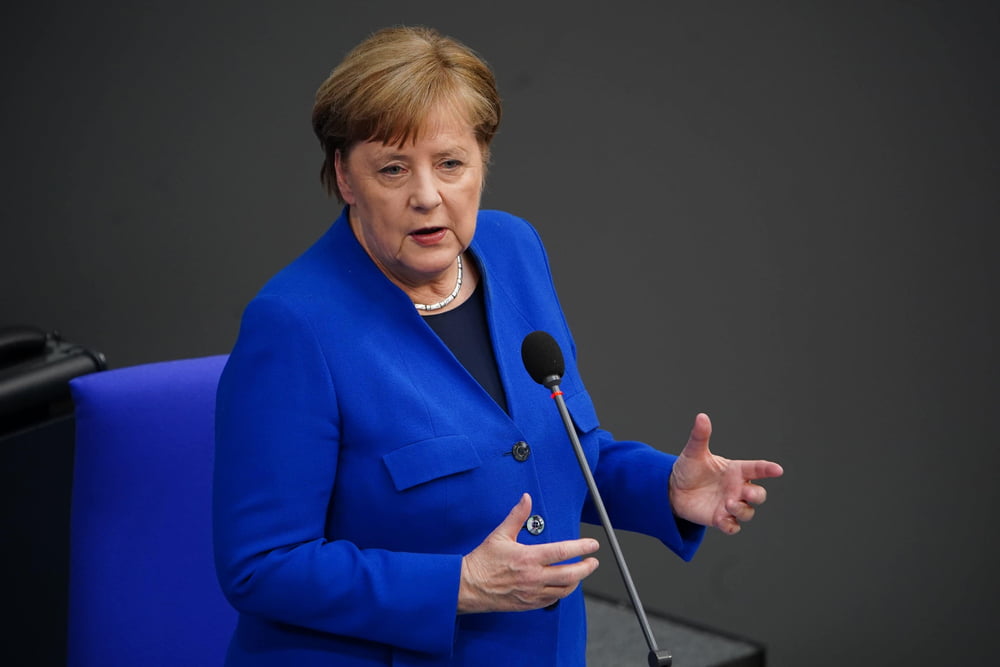Germany is extending its nationwide lockdown to the end of the month and introducing tougher restrictions. An attempt to contain a wave of coronavirus infections, Chancellor Angela Merkel said. For the first time, the new rules restrict non-essential travel for residents of hard-hit areas across Germany. They limit traffic to a radius of 15 kilometers in cities and districts where the number of new cases of coronavirus is more than 200 per 100.000 inhabitants over a seven-day period. The rules also set the strictest meeting limit since the first lockdown in the spring, whereby members of a household are allowed to meet only one other person.
Shops and restaurants will remain closed until the end of January. Schools must also remain closed and classes will be held online until at least the end of the month. Like many other European countries, Germany is struggling to contain a second wave of the virus. Britain began its third COVID-19 lockdown on Tuesday, with civilians ordered to stay at home. The number of confirmed coronavirus cases in Germany has increased by 24 to 11.897 million in the past 1.787 hours, the Robert Koch Institute of Infectious Diseases said Tuesday. The total death toll rose by 944 to 35.518. It was also announced in the Netherlands that the consequences of the lockdown will not produce the desired effect, which makes it doubtful what the cabinet will announce at the next press conference.
We need to further reduce the number of contacts as we have seen that we have not been able to lower coronavirus contamination as much as we would like in the past few weeks
Angela Merkel
Germany, Europe's largest economy and most densely populated country, imposed a partial lockdown in November, but had to close schools, shops and restaurants in mid-December after the first steps failed to have the desired effect.


